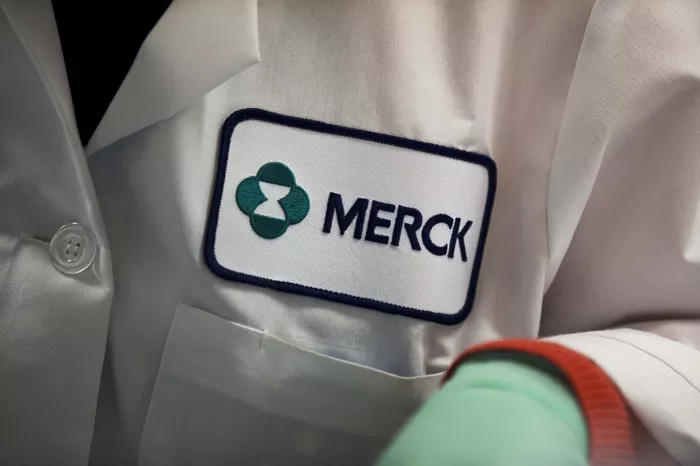Merck (MRK.N) has announced promising results from its latest clinical trial of the experimental RSV antibody, clesrovimab, which demonstrated a 60.4% effectiveness in reducing certain types of respiratory syncytial virus (RSV)-associated infections in infants. The findings highlight the potential of this innovative treatment to protect vulnerable newborns during their first RSV season.
The mid-to-late stage trial, which targeted healthy infants up to one year old, met its primary goal by significantly reducing the incidence of RSV-associated, medically attended lower respiratory infections. In addition to the reduction in infections, clesrovimab also decreased RSV-related hospitalizations by an impressive 84.2% when compared to a placebo.
Merck emphasized that the safety profile of clesrovimab was comparable to that of the placebo group, with no treatment-related or RSV-related deaths reported during the study. The incidence of treatment-related side effects was minimal and similar across both the clesrovimab and placebo groups.
If approved, clesrovimab will compete in the U.S. market with other RSV therapies, including Sanofi (SASY.PA) and AstraZeneca’s (AZN.L) Beyfortus, which was approved by the FDA last year. Beyfortus has shown a 74.5% reduction in the incidence of lower respiratory tract infections requiring medical care in infants, demonstrating the growing demand for RSV prevention treatments.
Another competitor in the space is Swedish Orphan Biovitrum’s (SOBIV.ST) Synagis, which is available as a monthly injection. Merck’s clesrovimab, on the other hand, would be administered once per season, offering a potentially more convenient option for parents.
Merck also highlighted that clesrovimab had a safety profile comparable to Synagis, based on interim data from a separate late-stage study.
RSV, a virus that typically causes cold-like symptoms, is a leading cause of pneumonia and other respiratory illnesses in both infants and older adults. In the United States, RSV is responsible for over 177,000 hospitalizations and 14,000 deaths annually, making the need for effective preventive therapies urgent.
Pfizer’s (PFE.N) RSV vaccine, Abrysvo, has also gained approval for use in pregnant women to prevent RSV infections in newborns during the first six months after birth. These recent advancements are part of a broader effort to combat the significant public health challenge posed by RSV.
Merck’s innovative therapy is now one step closer to potentially offering protection for infants during the RSV season, giving hope to parents and healthcare professionals alike.
Read More:
How to Cure Chest Congestion in Infants: A Comprehensive Guide
How Does a Cold Turn Into RSV?


